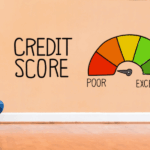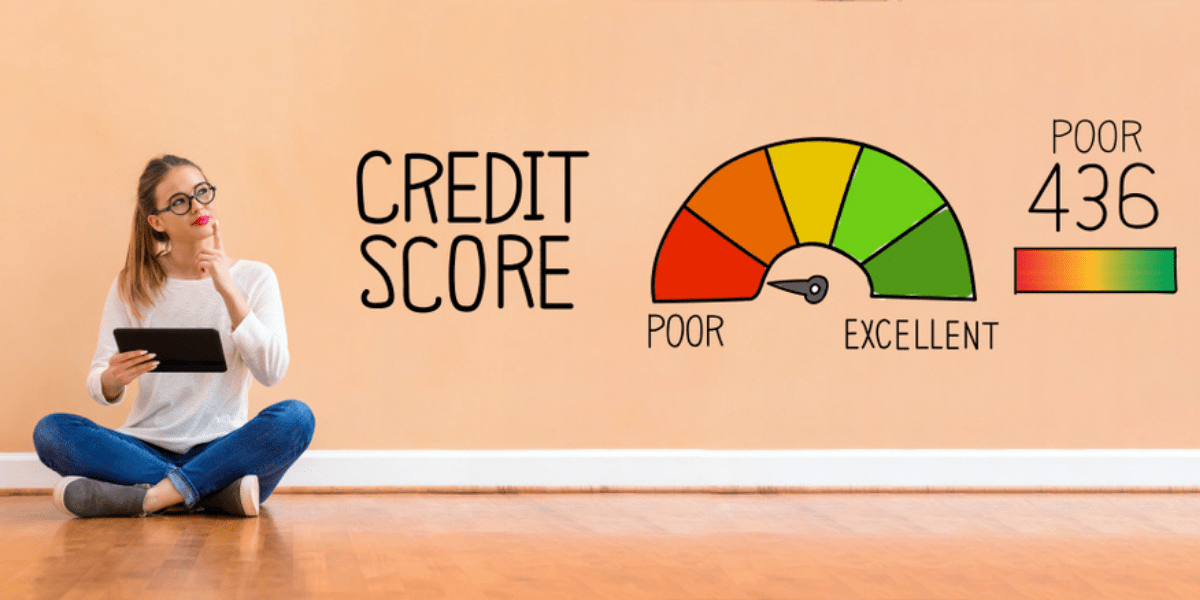It’s almost time for New Year’s Resolutions, and one of the biggest ones that people have is to get their personal finances in order. One big aspect of one’s overall financial profile is their credit score. Having a good credit score means that you’ll have access to lower interest rate loans. It’s also important for qualifying for mortgages and other large loans.
Debt consolidation rolls multiple debts, like high-interest credit cards or loans, into a single payment.
If you want to increase your credit score in 2021, we’ve got just the thing for you. In this article we will be going over some things that you can start in January to help you get a better credit score in 2021.
Although these aren’t so much “hacks” as they are “strategies”, we still feel it’s important to share these ways for you to improve your credit score in 2021.
Hacks To Improve Your Credit Score in 2021
Snowball your credit card debt
Your credit card debt is one of the biggest things holding your credit score back. If you have credit card debt, it should be the first debt that you tackle, as it’s the most impactful to your credit score and could cost you many times more than the principal in interest.
One of the best ways to see early credit score “wins” regarding your credit card debt is to snowball your debt. We wrote an entire article on snowballing debt, which we recommend that you read.
In short, to snowball your debt is to focus all your debt repayment efforts on the smallest balances in order to pay them off quickly. This does two things at once: first, it lowers your monthly debt repayment obligation as you snowball your debt (even though you’ll likely be committing the same total amount per month to your debt). Second, it reduces your overall balance which improves your credit score as you pay your debt balances down.
The snowball method is a common debt repayment strategy. It focuses on paying down your smallest debt balance. The snowball method builds momentum as you pay off your debts. It is a good solution to manage your finances over time.
The snowball method will help you to handle your finances. In this method, you will be focusing on one debt balance at a time and it eliminates your concern on how to tackle all your debts at once.
This strategy for reducing debt is one of the best ways to boost your credit score quickly while also taking care of a nagging debt obligation.
Remember: if you’re paying off your credit card debt, you want to keep old accounts open and available to you! There’s no need to close an old credit account; instead, keep them open and have statements sent to your email every month.
Refinance your debt
If you have debt with high interest rates, there are ways that you can refinance it. Refinancing is when you take out a new loan to pay off an old one. It’s commonly done when you can get lower interest rates to refinance a loan. It’s also done when consolidating multiple loans, which is a good way to get a handle on debt payments.
Refinancing your debt won’t increase your credit score right away: in fact, it may lower it in the short term. However, there are refinancing strategies that can help you increase your credit score this year. If you’re able to make payments whereas before you were unable to afford them, you should see your credit score slowly rise.
There are many different ways to refinance your debt obligations, including your mortgage, your student loans, and other large sources of debt.
The most important thing to remember when refinancing is to consider the long term implications. Refinancing your student loans could save you thousands of dollars over the lifetime of the loan.
Consolidation Credit card
Consolidating a credit card is combining credit card balances into a single monthly payment. It has a lower interest rate than what is being currently paid.
It takes time for you to consolidate your credit cards. Many methods require an application process to check if it’s approved. It results in a hard inquiry which causes a drop in your credit score.
Get your annual credit report & dispute items
If you don’t know what’s on your credit report, you might be an unwitting victim of fraud or clerical errors made by lenders or credit reporting agencies.
In 2020, the federal government was giving out unlimited copies of your credit report to make sure that people were able to get access to their credit history during these difficult times. You can still get one free credit report per year from each of the three bureaus from https://annualcreditreport.com. Check your credit report and see what’s on it: you might be surprised.
If you ARE surprised about anything you find on your credit report, it might be time to make some phone calls. First, you’ll want to contact the lender in question to see what they have on file in your name. This alone could clear up any mistakes. Next, you’ll want to call the credit bureau that issued your report (Experian, Equifax, TransUnion). They’ll then take you through the dispute process, which can take several weeks to resolve.
We at The Credit Pros can help you with the dispute process. Learn more about how the dispute process works!
credit score hacks for 2021, credit score hacks 2021, improve credit score 2021, tips to improve credit score


